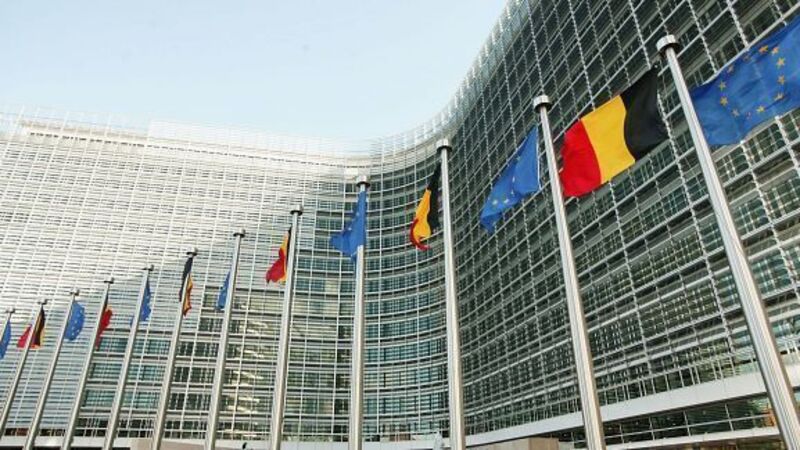Banking union will ‘spell end of bailouts’

Ireland was forced into a €64bn bailout of the banking system following the property market crash in 2008. It now owns AIB and Permanent TSB and has a 15% stake in Bank of Ireland.
The Government has submitted a restructuring plan to the European Commission for Permanent TSB to split it into a good bank/bad bank and a separate unit for its UK operations.
















